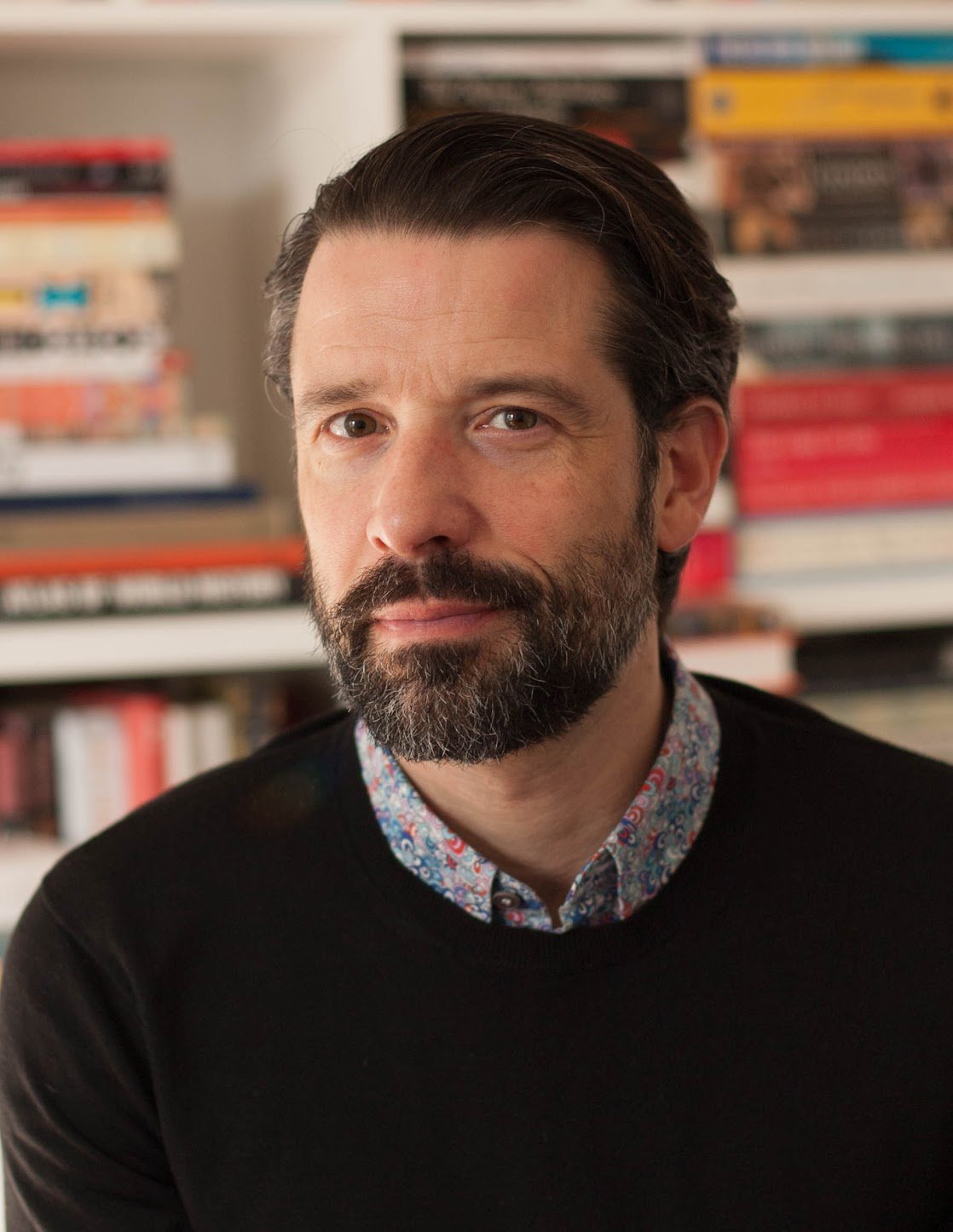
Michael Price
Principal Investigator - Brunel University London
Michael E. Price is Senior Lecturer in Psychology at Brunel University London. Originally from the USA, he has a B.A. in Psychology from Duke University and a Ph.D. in Biosocial Anthropology from the University of California, Santa Barbara. Most of his dissertation research, conducted in affiliation with the UCSB Center for Evolutionary Psychology, was carried out among Shuar hunter-horticulturalists in the Ecuadorian Amazon. Focusing on collective action (group cooperation) from an evolutionary perspective, this research demonstrated strong cross-cultural similarities in cooperative behavior between the Shuar and people in industrialized societies.
Collective action is an inherently interdisciplinary topic, and Price’s first two academic position afforded opportunities to venture beyond his background in biology, psychology, and anthropology. In 2003 he was hired by soon-to-be economics Nobel laureate Elinor Ostrom as a post-doc, jointly sponsored by the Santa Fe Institute and the Indiana University Workshop in Political Theory and Policy Analysis. In 2005 he became Visiting Lecturer of Organizational Behavior at the Olin School of Business, Washington University in St. Louis. He joined Brunel’s Psychology Department in 2006.
Price’s research interests have continued to evolve since coming to Brunel. Building on his collective action work, he began publishing on the evolution of other aspects of morality in groups, such as egalitarianism and leader-follower relations. He also started publishing on cosmological evolution, which raised his curiosity about the psychological foundations of religiosity across cultures. This interest in religiosity has been his primary focus since 2019, when plans for the “Evolution of Science and Religion as Meaning-Making Systems” initiative were first announced. Price is particularly interested in the adaptive significance of religiosity as a source of optimism and sense of purpose for individuals, and in the different – and potentially complementary – sets of adaptive problems that religious and scientific belief systems may respectively solve.

